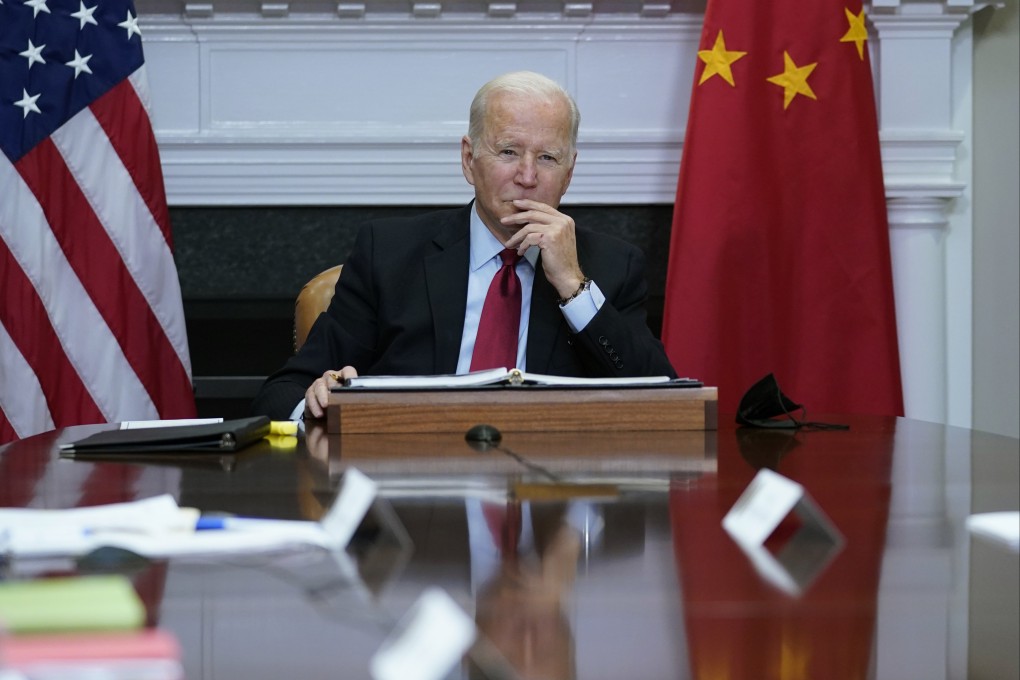Advertisement
Macroscope | US-China decoupling will have a devastating impact on the global economy
- The global economy is not just splitting into two as a result of cynical political manoeuvring; it is in danger of falling apart
- Financial markets need to grapple with the impact of the geopolitical climate, rather than seeing it as something that concerns politicians only
Reading Time:3 minutes
Why you can trust SCMP
14

It’s time to end the fiction that the world can be divided into ideological blocs without massive damage to the global economy, and that politics is somehow separate from economics. This is understood by some economists but not by many politicians who control the levers of global power.
The global economy is not just splitting into two as a result of cynical political manoeuvring; it is in danger of falling apart. How could it be otherwise when great power rivalry is eroding global trade and financial links, and ratcheting up strategic tensions almost daily?
Volatility in stock and bond markets, exchange rate fluctuations, swinging inflation expectations and falling business confidence are all symptomatic of this sad situation. So, too, are declining business investment and financial system scares, plus a general sense of economic malaise.
Advertisement
US president Joe Biden and his predecessor Donald Trump must take much of the blame for this. They have provoked East-West schisms by pouring opprobrium on China for challenging the global dominion which the US feels it has sole right to exercise, and by fostering a “with us or against us” attitude.
The Ukraine war, whose origins are also linked to external geopolitical manoeuvring, has meanwhile aggravated schismatic tendencies by dividing Europe against itself. Yet, national leaders generally hesitate to take sides against powerful nations.
Advertisement
That is no reason, however, why so many others are as mealy mouthed as they have been about criticising the irresponsibility of those leaders who divide the world in pursuit of narrow nationalistic ends. Reluctance to speak out has only deepened the dangerous global divides we are witnessing.
Advertisement
Select Voice
Choose your listening speed
Get through articles 2x faster
1.25x
250 WPM
Slow
Average
Fast
1.25x
